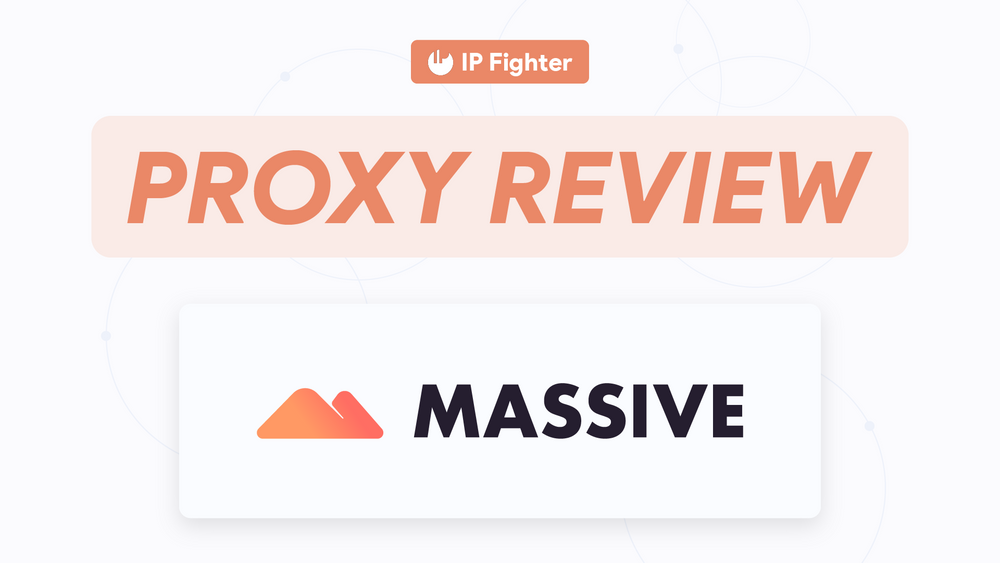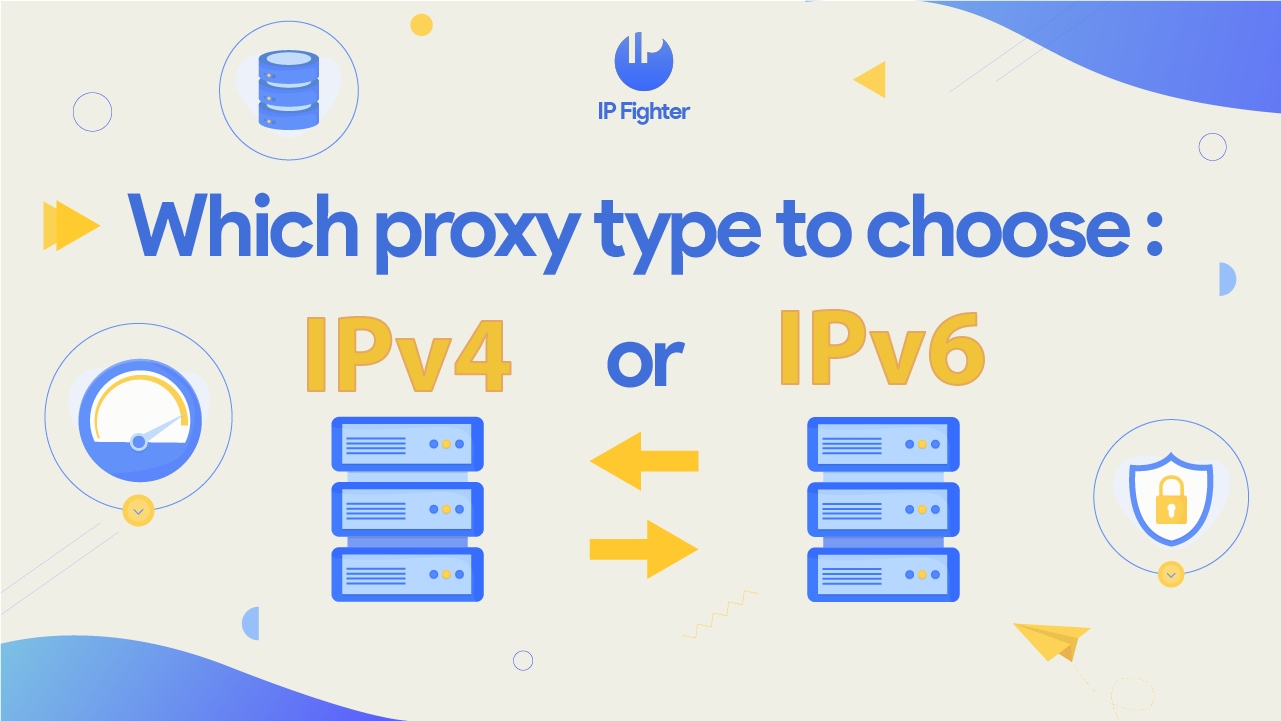In the world of internet protocols, two widely used protocols are IPv4 and IPv6. IPv4, the older version, has been the dominant protocol for several years. However, with the depletion of IPv4 addresses, IPv6 was introduced as a solution to address the scarcity of IP addresses. In this article, we will explore the advantages and disadvantages of both IPv4 and IPv6 and help you make an informed decision about which protocol to choose.
|
IPv4, the Internet Protocol version 4, was introduced in 1981 and has been widely adopted ever since. It offers several advantages and disadvantages that are important to consider.
|
-
High application compatibility: Most websites and applications support IPv4, ensuring seamless access without any restrictions.
-
Simple structure: IPv4 addresses are represented in a concise decimal format, making them easy to read and remember.
|
-
Address exhaustion: IPv4 addresses are 32-bit long, allowing for approximately 4.3 billion unique addresses. With the increasing number of internet users, these addresses are quickly running out. Acquiring clean IPv4 proxies can be challenging due to their limited availability.
|
IPv6, the Internet Protocol version 6, was introduced in 1998 as a solution to the depleting resources of IPv4. It aims to overcome the limitations of IPv4 and offers several advantages and disadvantages.
|
-
Abundant address space: IPv6 addresses are 128-bit long, providing over 17 billion billion unique addresses, which is four times the capacity of IPv4.
-
Enhanced security: IPv6 incorporates built-in security features, allowing for easier implementation of secure connections from the sending device to the receiving device, including end-to-end encryption.
|
-
Limited accessibility: While IPv6 has a large address space, not all websites and applications support IPv6. This can result in reduced application compatibility compared to IPv4.
-
Complex structure: IPv6 addresses are represented in a hexadecimal format, which can be more challenging to read and comprehend compared to the decimal format of IPv4.
|
Which One Should You Choose?
|
When deciding between IPv4 and IPv6, several factors need to be considered based on your specific requirements and circumstances. Here are some key considerations:
|
If you rely on platforms like Gleam, Etsy, eBay, or others that do not allow IPv6 access, using IPv4 is essential to access these websites. In such cases, IPv4 is the preferred choice.
|
2. Risk of Account Suspension
|
While websites like Google and Facebook allow IPv6 access, they often subject IPv6 connections to additional verification and checkpoints, increasing the risk of account suspension. If account security is a priority, using IPv4 may be a safer option.
|
The pricing of IPv4 and IPv6 proxies can vary depending on the provider. Generally, IPv6 proxies tend to be more cost-effective compared to IPv4 proxies.
Considering the factors mentioned above, IPv4 remains the preferred choice for most scenarios. Despite the relatively lower pricing of IPv6, the widespread support and compatibility of IPv4 make it a more practical option. However, it's important to note that acquiring high-quality IPv4 proxies may be challenging due to their limited availability. We recommend testing a small quantity before purchasing a larger quantity to ensure the proxies meet your quality standards.
|
In the debate between IPv4 and IPv6, IPv4 still holds its ground as the more widely adopted and compatible protocol. Its high application compatibility and established infrastructure make it the go-to choice for most internet users. While IPv6 offers abundant address space and enhanced security features, the limited accessibility and complex structure pose challenges in widespread adoption. As the transition to IPv6 continues, it's crucial to evaluate your specific needs and prioritize factors like accessibility, security, and pricing to make an informed decision.
|
Is IPv4 or IPv6 more secure?
IPv6 offers enhanced security features, making it more secure compared to IPv4.
Are all websites and applications compatible with IPv6?
No, not all websites and applications support IPv6. IPv4 enjoys wider support and compatibility.
Can I use both IPv4 and IPv6 simultaneously?
Yes, it is possible to use both IPv4 and IPv6 simultaneously on compatible devices and networks.
Are IPv6 proxies more affordable than IPv4 proxies?
In general, IPv6 proxies tend to be more cost-effective compared to IPv4 proxies.
What should I consider when choosing between IPv4 and IPv6?
Consider factors such as accessibility, risk of account suspension, and pricing to make an informed decision.
|
|


